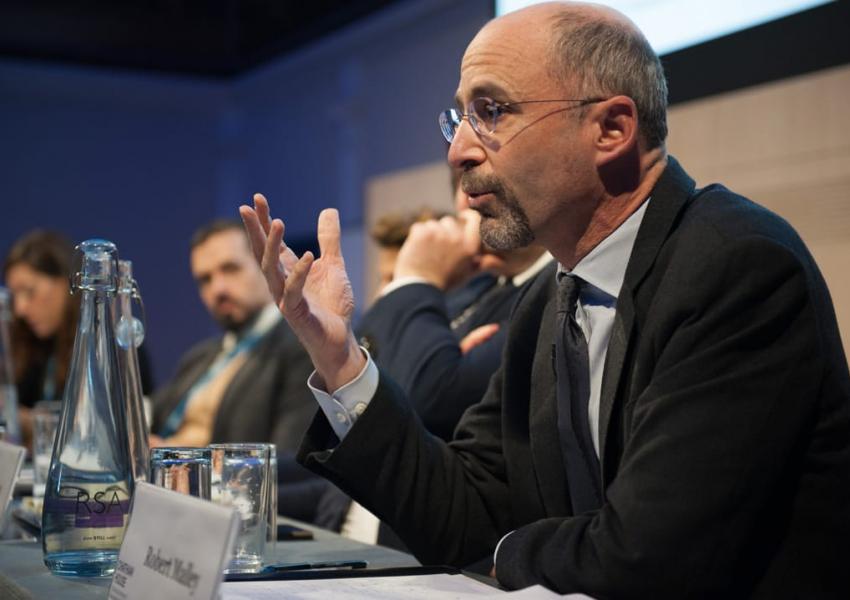
Iran Envoy Says US Is Patient But Can't 'Wait Forever' To Resume Talks
The United States “understands” that Iran is going through a government transition, but Washington cannot “wait forever” for Tehran’s return to nuclear talks, Special Envoy for Iran Rob Malley told Bloomberg in a video interview on Friday.
Malley also stressed that Iran’s return to the talks in Vienna aimed at restoring the 2015 nuclear deal known as JCPOA should be meaningful, stressing that Tehran should be prepared to negotiate with a “realistic” perspective, otherwise the negotiations would not lead to success.
What was notable in the interview was Malley’s repeated remarks that Washington “understands” Iran is going through a transition. Most Iran experts and the Biden administration itself believe that strategic decisions on important issues in Iran, such as its nuclear program, are not made by the presidential administration but Supreme Leader Ali Khamenei who has been Iran's ruler for 32 years.
Media and diplomats are now considering the likelihood that Tehran is simply dragging out the talks believing that time is on its side as it continues to enrich uranium at 60 percent, far beyond the 3.67 percent purity limit set by the JCPOA. Tehran probably has calculated that it needs to build more nuclear leverage to extract more concessions from the United States.
The Second notable point related to Malley’s interview was the lack of any reference to talks over other contentious issues, such as Iran’s ballistic missile program and regional behavior. Malley said if Iran is ready to roll back its violations of the nuclear accord, the United States is willing to lift sanctions related to the JCPOA.
But those would reportedly not encompass all sanctions imposed by the Trump administration a demand Iran has been insisting on. Iran’s ambassador to the International Atomic Energy Agency (IAEA), Kazem Gharibabadi said in July that the US is refusing to lift sanctions on 500 Iranian individuals and entities, that were designated for non-nuclear reasons.
According to Gharibabadi, the US had conditioned lifting all these sanctions on further Iranian concessions over non-nuclear matters including regional security and Iran's missile program.
There have also been reports that the US is demanding a guarantee of more talks on missiles and regional behavior, and this could be one reason for Iran’s delay in returning to talks.
Malley was asked about an Iranian demand that the Biden administration should guarantee that in the future the United States will not once again withdraw from the deal. The special envoy said, “a formal assurance, a formal guarantee, that simply cannot be part of a deal” because it was never part of the original nuclear agreement.
The Biden administration knows that it cannot provide any such guarantees without taking a possible agreement to Congress, where control of the agreement will slip through its fingers to lawmakers, many of whom are skeptical about lifting sanctions without a stronger nuclear agreement and other concession by Iran.
Malley repeated the Biden administration’s position that former president Donald Trump’s withdrawal from the JCPOA in 2018 had made matters worse for US national interests as it pushed Iran to increase uranium enrichment and it raised tensions in the region.
While it is true that tensions increased in the wake of Trump’s withdrawal, the fact is that Iran was boosting its ballistic missile capabilities and interfering in regional countries, building its proxy forces as well as arming militants all through the JCPOA negotiations from 2013-2015 and after, until 2018.
Iran’s large-scale interference in the Syrian civil war since 2011 and support for Houthis in Yemen, as well as building a Shiite militant network in Iraq, all predated Trump’s withdrawal from the JCPOA. In fact, as the previous administration withdrew one of its main demands was for Tehran to change its “malign behavior” in the region.





